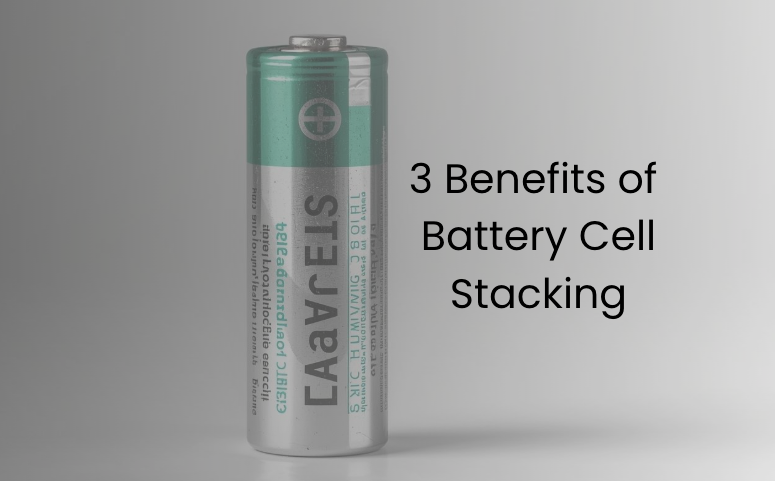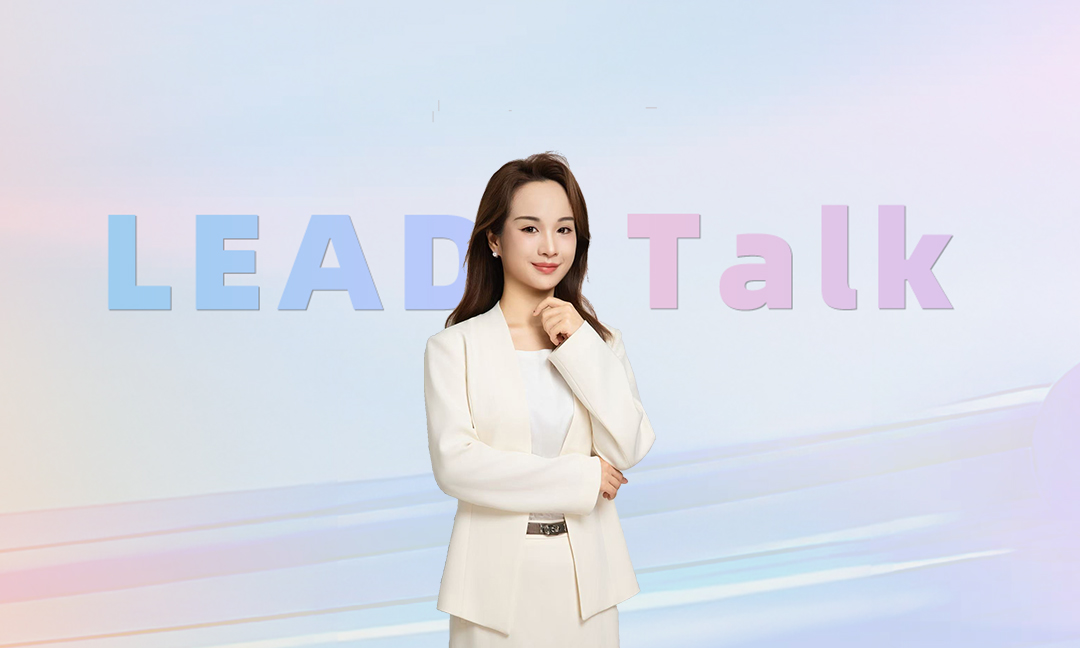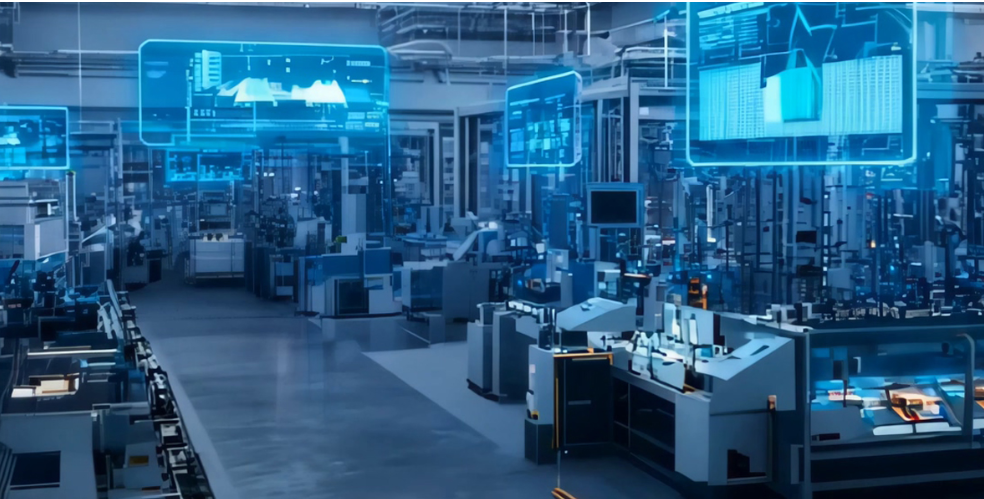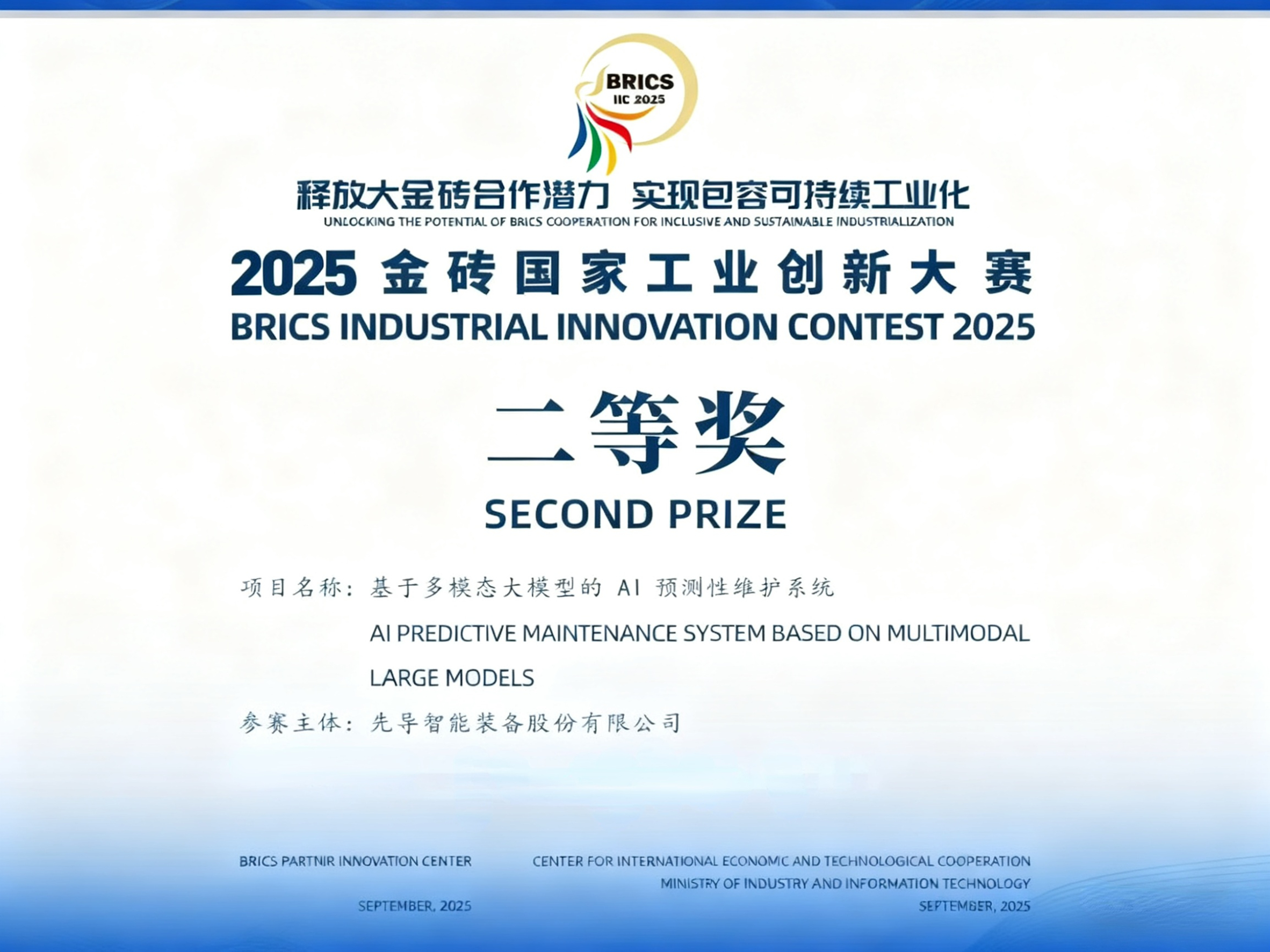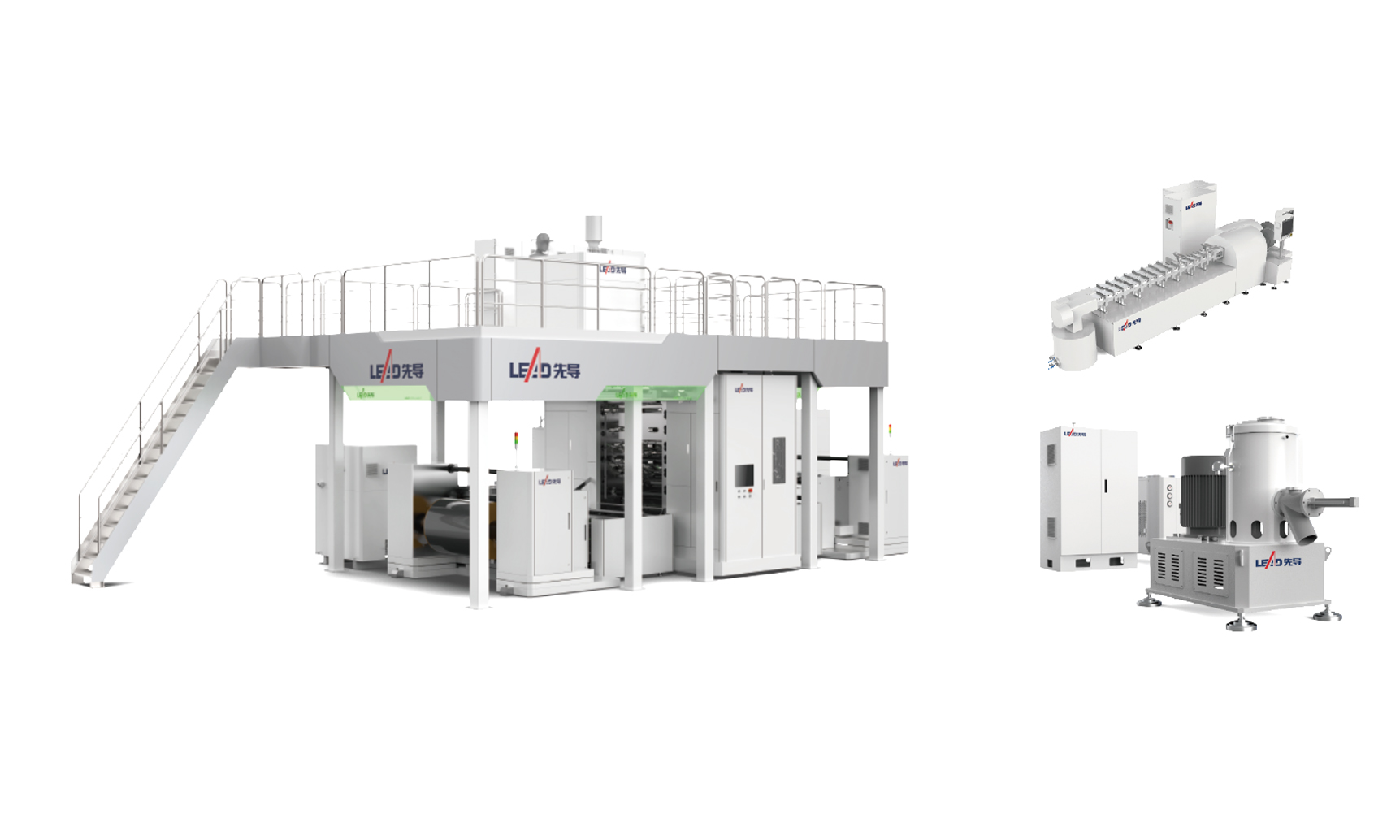
This year, China’s major battery manufacturers have significantly ramped up production, and capacity expansion is steadily recovering. At the same time, next-generation battery technologies—such as solid-state batteries and large cylindrical cells—are maturing rapidly, driving accelerated industrialization and a surge of new expansion projects. Benefiting from these trends, leading lithium–ion battery equipment companies have seen a strong rebound in orders, revenue, and profits, marking a notable turnaround across the sector.
To track technological advances in lithium–ion battery equipment and gain firsthand insights into corporate development, industry challenges, and policy needs, the Power Battery Application Branch of the China Chemical and Physical Power Industry Association, together with Battery China, recently launched a research initiative titled “Innovation Drives Deep Advancement — 2025 New Energy Battery Industry Chain Research Program.” The program includes visits to leading lithium–ion battery equipment manufacturers across the country.
As part of this initiative, a research delegation led by Zhang Yu, Secretary-General of the Power Battery Application Branch and CEO of Battery China, visited Lead Intelligent Equipment (hereafter referred to as LEAD) in Wuxi. During the visit, Zhang and his team held in-depth discussions with Wang Yanqing, Chairman of LEAD Group, and other company executives on topics including the development trends of the lithium battery industry, R&D progress in solid-state battery equipment, and the global expansion of Chinese lithium–ion equipment manufacturers.
As a global leader in new energy intelligent manufacturing solutions, LEAD provides high-end non-standard intelligent equipment and complete smart factory solutions that integrate manufacturing and services. Its business spans lithium–ion battery equipment, photovoltaic equipment, 3C automation, intelligent logistics systems, hydrogen energy equipment, and automotive intelligent factories, with a strategic focus on “new energy + high-end equipment.”
According to LEAD’s 2025 semi-annual report, the company achieved revenue of RMB 6.61 billion in the first half of the year, up 14.92% year-on-year, while net profit attributable to shareholders reached RMB 740 million, representing a 61.19% increase from the previous year.
By business segment, the lithium–ion battery intelligent equipment division recorded RMB 4.545 billion in revenue, a 16.40% year-on-year increase, further strengthening the company’s industry leadership.
LEAD noted that the performance growth was driven by the recovery in capacity utilization among major domestic battery producers and the gradual resumption of expansion projects, resulting in a strong rebound in total orders. Meanwhile, its internationalization strategy continued to progress steadily.
In the first half of this year, LEAD’s overseas revenue reached RMB 1.154 billion, up 5.42% year-on-year, with the gross profit margin rising to 40.27%, signaling that the company’s globalization efforts have entered a stage of high-quality development.
During the discussion, Chairman Wang Yanqing emphasized that LEAD’s ability to stay ahead comes from its unwavering drive to break through and challenge itself: “While others focus on defending their home market, we choose to play on the world’s toughest fields. Only by refining ourselves against the world’s highest standards can we build a truly unshakable moat.”
According to Battery China, as a pioneer in the globalization of China’s new energy intelligent equipment sector, LEAD began implementing its global strategy as early as 2018. The company has since established 19 overseas subsidiaries and branches across the United Kingdom, France, Germany, Sweden, Turkey, Hungary, Japan, South Korea, Vietnam, Malaysia, and other regions.
In Europe, LEAD has built a robust network comprising technical competence centers, delivery hubs, and logistics warehouses, forming a complete system that integrates global R&D, global delivery, and global service.
Leveraging its technological leadership and highly efficient global supply chain network, LEAD has forged deep partnerships with world-renowned enterprises including Volkswagen, BMW, Toyota, Porsche, LG, and SK, successfully delivering numerous benchmark projects worldwide.
Notably, as China’s leading battery manufacturers accelerate their overseas expansion in recent years, LEAD, through its close collaboration with these domestic giants, has become a core equipment partner supporting their global production layouts.
Over the past two years, solid-state batteries, with their high energy density and superior safety performance, have emerged as a key development focus in sectors such as new energy vehicles, electric vertical take-off and landing (eVTOL) aircraft, and humanoid robots. Meanwhile, large cylindrical batteries, favored for their high safety, manufacturing efficiency, and performance, have also become one of the mainstream technological pathways.
Commenting on these developments, Wang Yanqing, Chairman of LEAD Group, emphasized that technological iteration represents not a challenge, but an opportunity for leadership: “Our strategy is simple—‘technology in sync, equipment ahead.’ When our clients are still in the lab testing new ideas, our team is already sitting alongside them, designing scalable manufacturing solutions.”
According to Wang, LEAD has achieved key breakthroughs in core solid-state processes such as dry electrode preparation and solid electrolyte membrane formation, and has already delivered validation production lines to several top global customers. In the field of large cylindrical batteries, LEAD’s turnkey production line solutions have reached world-leading levels in both speed and yield, marking true industrial-scale production capability.
The company has now established complete process coverage across all stages of solid-state battery mass production, from turnkey line solutions to critical standalone equipment, including:
- Coating Process
The latest mass-production dry-coating equipment is designed for high-speed, wide-width operation, supporting 1,000 mm product width, 80 m/min negative electrode speed, and 60 m/min positive electrode speed, meeting the demands of large-scale efficient manufacturing.
- Wet Process
The slurry preparation and coating system adopts a special coating architecture, enabling high-speed, wide-width production of solid-state electrodes.
- Electrolyte Film Formation
LEAD has developed a mass-production composite transfer system capable of both continuous and intermittent compounding, achieving up to 50 m/min efficiency.
- Stacking Process
The company has pioneered a separator-free cutting, stacking, and sealing technology, launching a new-generation mass-production solid-state stacking machine.
- Densification System
LEAD has successfully developed a 600 MPa large-capacity isostatic pressing system that provides a high-efficiency, temperature-controlled environment with temperatures up to 150°C.
Currently, LEAD’s solid-state battery equipment has entered the supply chains of leading battery manufacturers and automakers across Europe, the United States, Japan, South Korea, and China. The company has formed deep partnerships with several industry leaders and has delivered complete sets of solid-state battery production equipment for multiple process stages.
During the meeting, Zhang Yu, Secretary-General of the Power Battery Application Branch and CEO of Battery China, held in-depth discussions with LEAD representatives on current trends in battery manufacturing equipment, key process development for solid-state batteries, and the global landscape of power and energy storage markets. Zhang also provided a brief introduction to the branch’s history, functions, and core initiatives.


